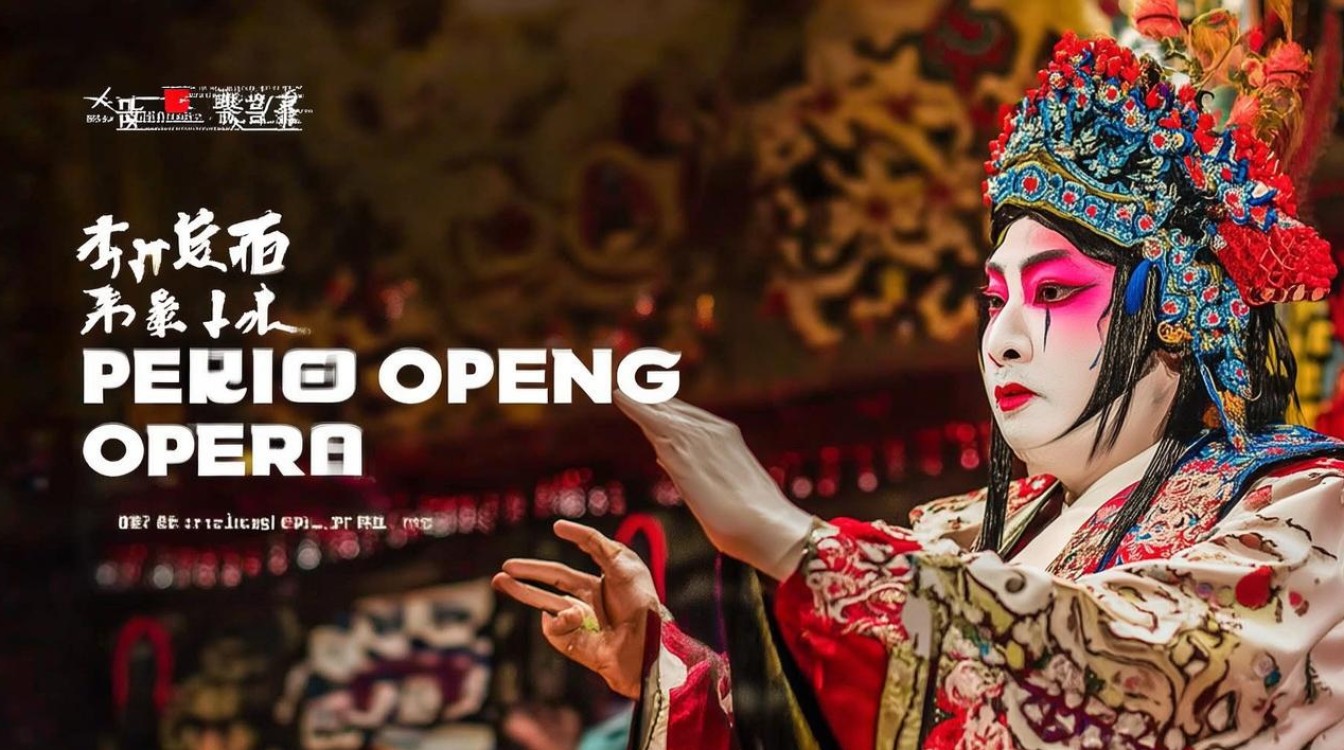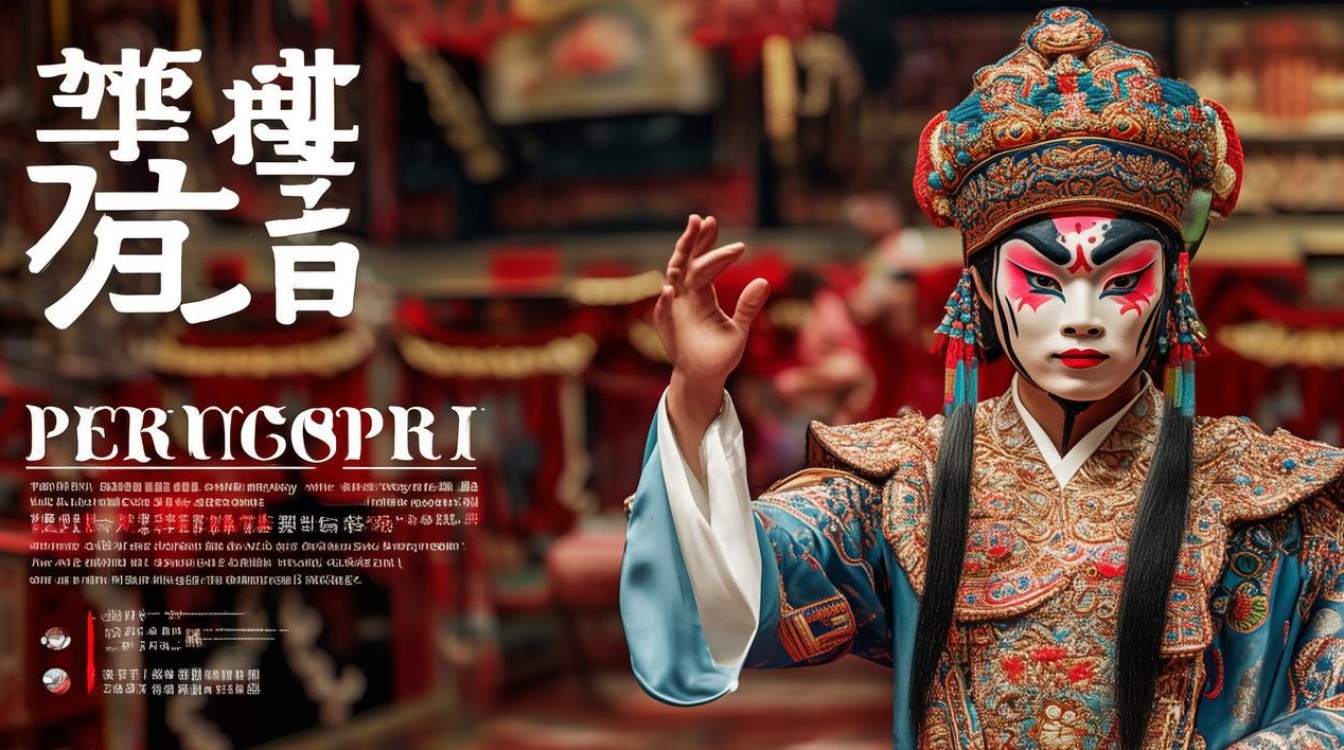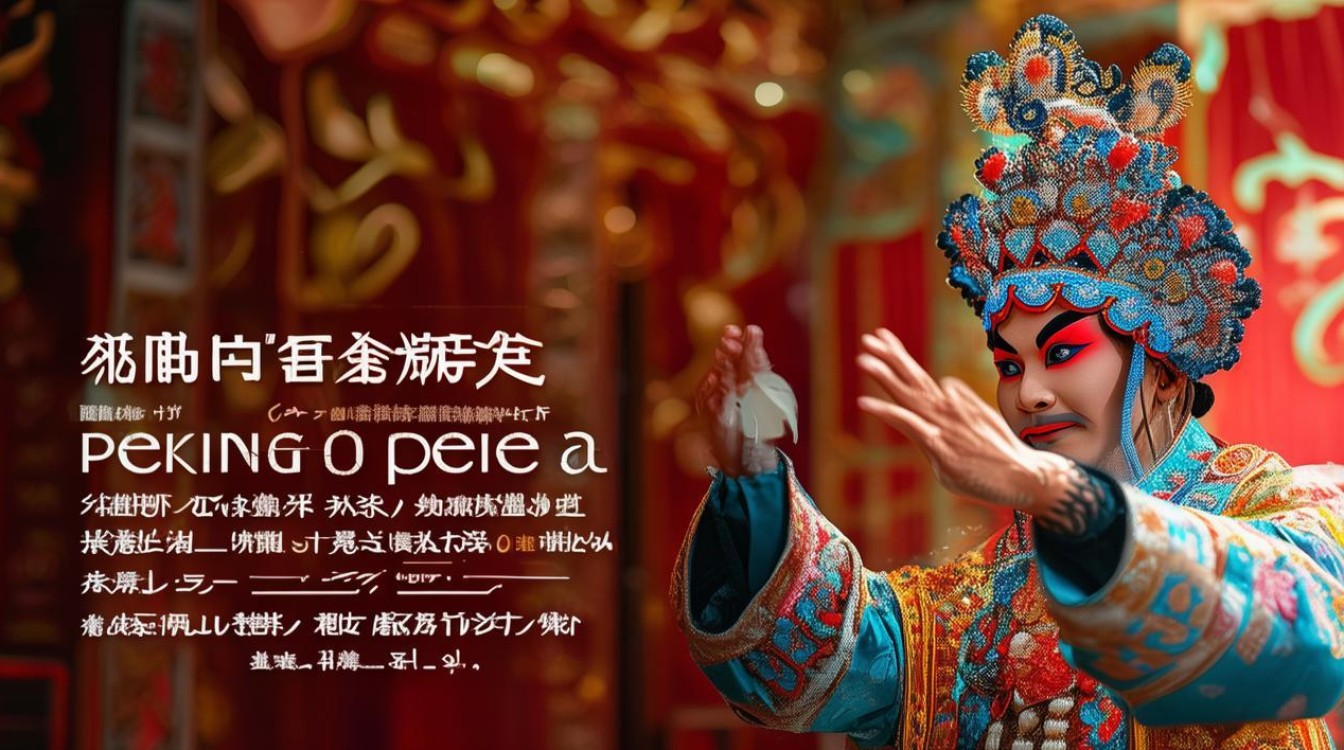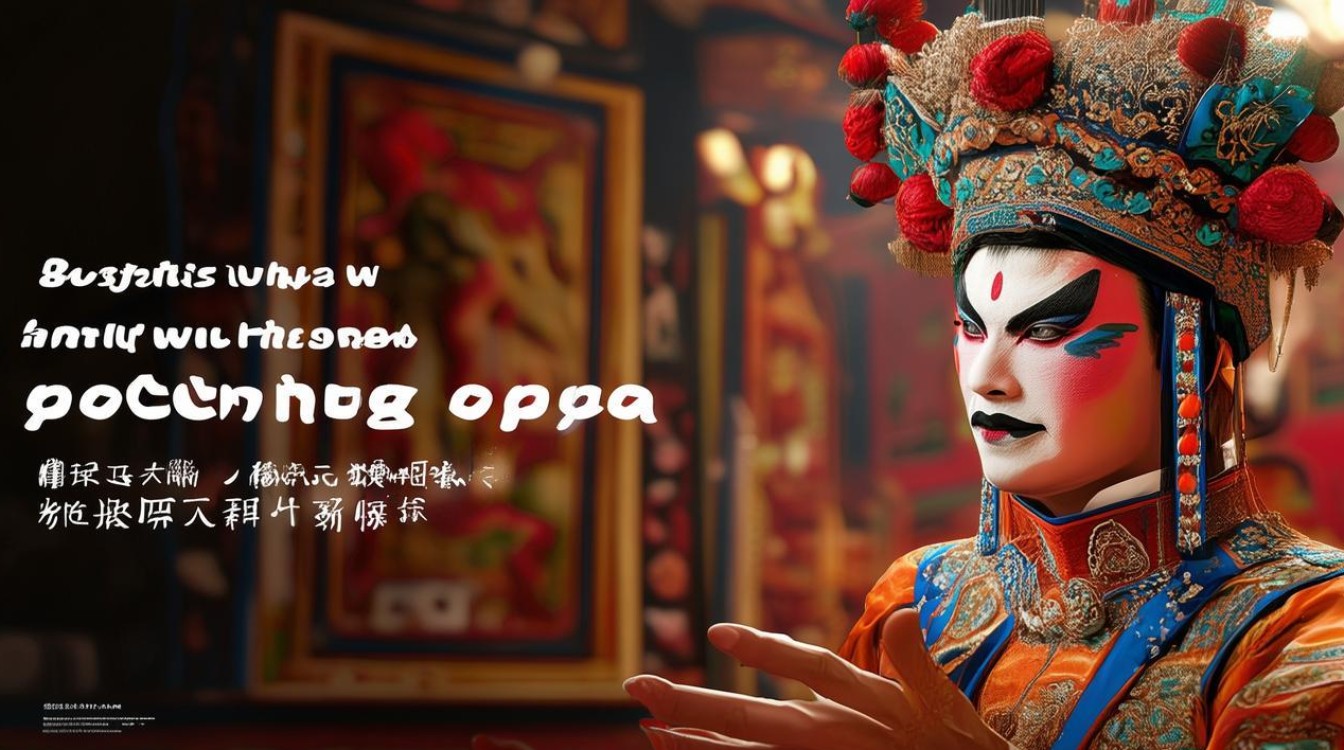Peking Opera, known as China’s national treasure, embodies centuries of artistic refinement. Its vibrant costumes, stylized movements, and unique vocal techniques captivate audiences worldwide. As globalization accelerates, promoting Peking Opera in English becomes essential to share this cultural gem with international communities. This article explores effective strategies for organizing Peking Opera宣传活动 while emphasizing authenticity, accessibility, and engagement.

Why Promote Peking Opera in English?
Peking Opera transcends entertainment; it reflects Chinese philosophy, history, and aesthetics. However, language barriers often limit its global reach. English宣传活动 serve two purposes:
- Cultural Exchange: Introducing Peking Opera to non-Chinese speakers fosters cross-cultural appreciation.
- Preservation: Engaging younger generations and international audiences ensures its legacy endures.
A well-planned campaign can demystify the art form, highlighting its symbolism—like the meaning behind facial colors—or the synergy of music, acrobatics, and storytelling.
Key Elements of a Successful Campaign
Educational Workshops
Host interactive sessions where experts explain Peking Opera’s four main roles—Sheng, Dan, Jing, and Chou—with live demonstrations. For example:
- Use English subtitles for classic arias like Farewell My Concubine.
- Teach basic movements, such as sleeve-fluttering or martial arts poses.
Workshops should balance theory and participation, allowing attendees to try makeup or costumes.

Digital Content with Global Appeal
Leverage social media and websites to share:
- Short Videos: Behind-the-scenes clips of performers preparing, with captions explaining rituals.
- Blogs: Articles on Peking Opera’s history, like its Qing Dynasty origins, written in clear, engaging English.
- Virtual Tours: 360-degree videos of iconic theaters, such as Beijing’s Liyuan Theatre.
Optimize content with keywords like “Peking Opera for beginners” or “Chinese traditional theater” to improve search visibility.
Collaborations with Schools & Institutions
Partner with universities or cultural centers abroad to organize:
- Student Competitions: Encourage English-speaking students to perform adapted Peking Opera scenes.
- Lectures: Invite scholars to discuss its influence on global theater, comparing it to Kabuki or Shakespearean drama.
Such initiatives build long-term interest and academic recognition.

Accessible Performances
Modify traditional shows for international audiences:
- Offer bilingual programs with plot summaries.
- Use digital displays for real-time translations during live performances.
- Simplify complex plots (e.g., The Drunken Concubine) with visual storytelling.
Overcoming Challenges
Misconceptions about Peking Opera being “too archaic” or “hard to understand” can deter newcomers. Address this by:
- Highlighting Modern Adaptations: Show how contemporary artists blend Peking Opera with pop culture, like incorporating its music into films or fashion.
- Storytelling Focus: Emphasize universal themes—loyalty, love, or heroism—to resonate across cultures.
Measuring Impact
Track engagement through:
- Surveys: Gather feedback from non-Chinese attendees on what intrigued them most.
- Online Metrics: Monitor shares of English-language content to identify popular topics.
- Community Growth: Note increases in international memberships or event attendance.
A Personal Perspective
Peking Opera is more than a performance; it’s a dialogue between past and present. By crafting English宣传活动 that honor its depth while making it approachable, we transform spectators into ambassadors. Whether through a backstage vlog or a hands-on workshop, every effort to bridge the language gap strengthens cultural ties. The shimmer of a Dan角色’s headdress or the thunderous crescendo of Jing角色’s voice can inspire awe—no translation needed. Yet, with thoughtful promotion, we ensure the world doesn’t just see Peking Opera but feels its heartbeat.


